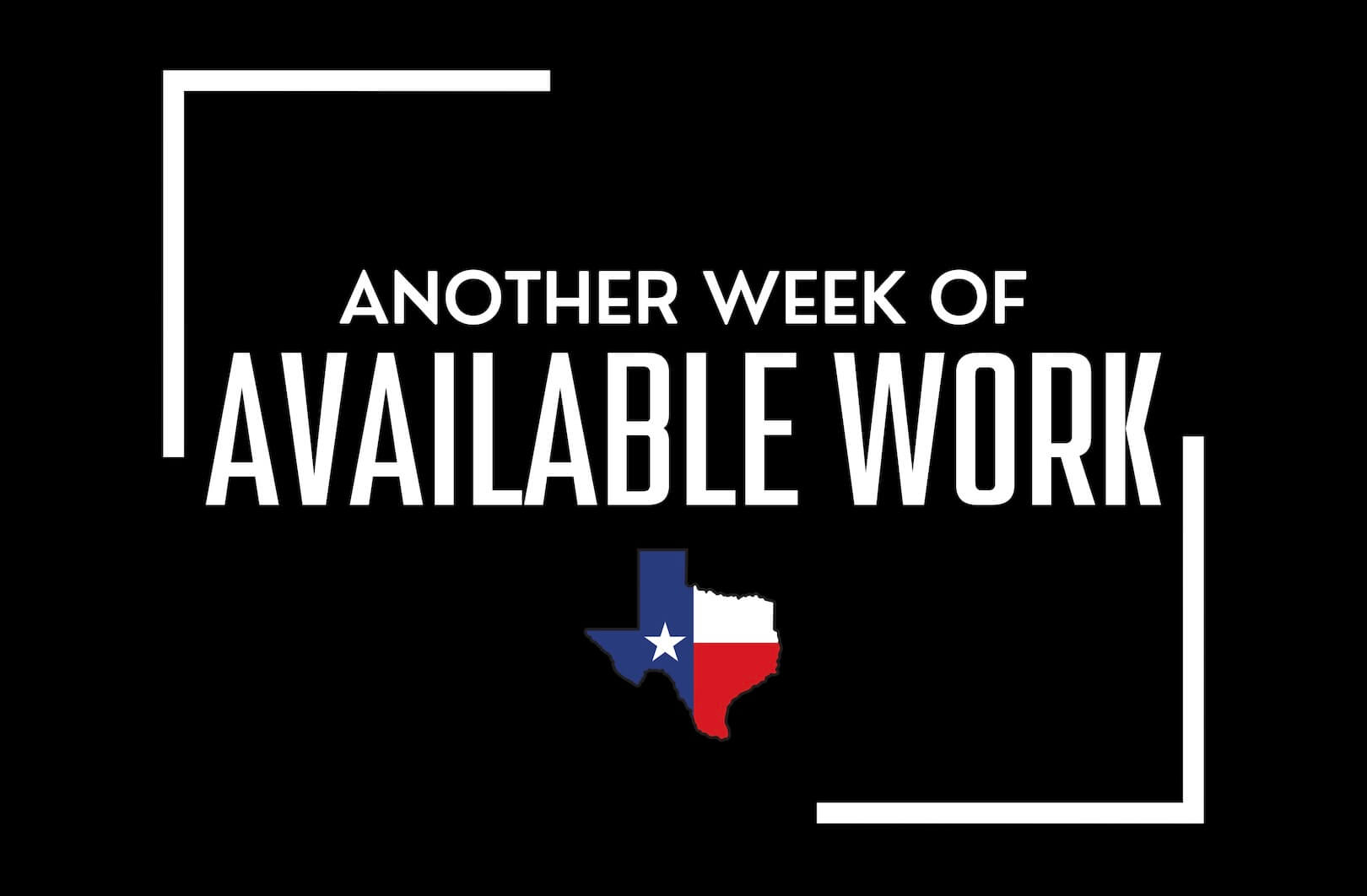Another Week of Available Work: What Is the Gig Economy?
You’ve probably heard the term “gig economy”—but what does it really mean? In simple terms, it refers to the growing segment of workers who earn income by completing short-term, task-based jobs. Think rideshare drivers, freelance designers, delivery couriers, or contract IT professionals.
For businesses, the gig economy offers flexibility: you can bring on help for specific tasks or short-term projects without committing to a full-time hire. But this flexibility also comes with responsibility—especially when it comes to correctly classifying your workers.
Why Classification Matters to Your Business
Whether someone is considered an employee or an independent contractor isn’t just a label—it determines your legal and financial obligations. Employees are entitled to protections under laws like the Fair Labor Standards Act (FLSA), while independent contractors are not.
As Mario explains, misclassifying a worker can lead to:
- Wage claims
- Tax penalties
- Unemployment insurance (UI) audits
- Legal liabilities
All of these can ultimately affect your bottom line, including your UI tax rate, which is calculated based in part on your claims history and how well you follow employment law.
How to Get It Right
The most important factor in determining worker status is control. Do you control how, when, and where the work gets done? Do you provide tools and training? If so, that person likely qualifies as an employee, even if you’re paying them like a contractor.
Independent contractors typically:
- Work for multiple clients
- Set their own schedules
- Use their own tools and equipment
- Decide how to complete the work
Just because someone prefers to be a contractor—or signs a contract saying they are—doesn’t make it legal. If the actual working relationship resembles that of an employee, your business could still be held liable for unpaid taxes, insurance, and other obligations.
The Gig Economy Isn’t a Loophole
Some employers believe the gig economy creates a legal gray area—but as Mario makes clear, the law hasn’t changed just because work is more flexible. Whether you’re hiring someone to build a website, deliver meals, or help manage customer service part-time, you still need to classify them correctly.
That’s especially important now, as both federal and state agencies are increasing enforcement around worker misclassification. Staying informed and compliant isn’t just smart—it’s necessary to protect your business.
TWC Can Help
If you’re unsure how to classify a worker, you don’t have to figure it out alone. The Texas Workforce Commission offers free legal guidance through its Texas Employer Hotline (800-832-9394) and email support ([email protected]), helping you make the right call before small issues turn into costly problems.
The gig economy gives businesses more options—but it also comes with new challenges. Understanding how to classify workers correctly is key to avoiding fines, lawsuits, and tax issues.
Listen to Is It a Contractor of Employee? Decode the Difference with Mario Hernandez on Another Week of Available Work for clear, practical guidance on hiring in the gig economy.

